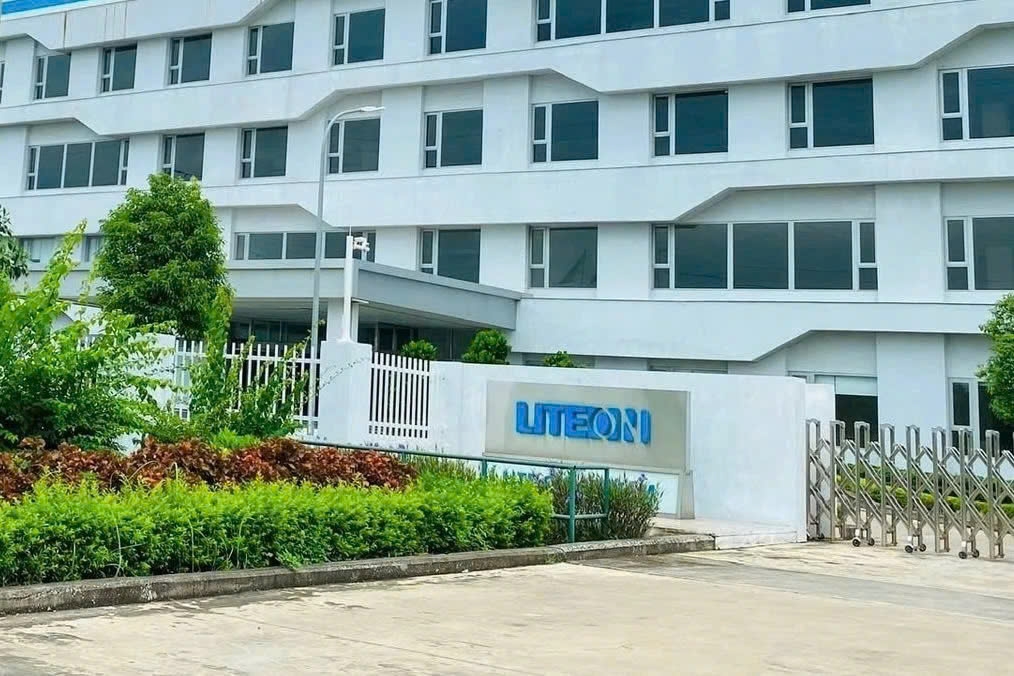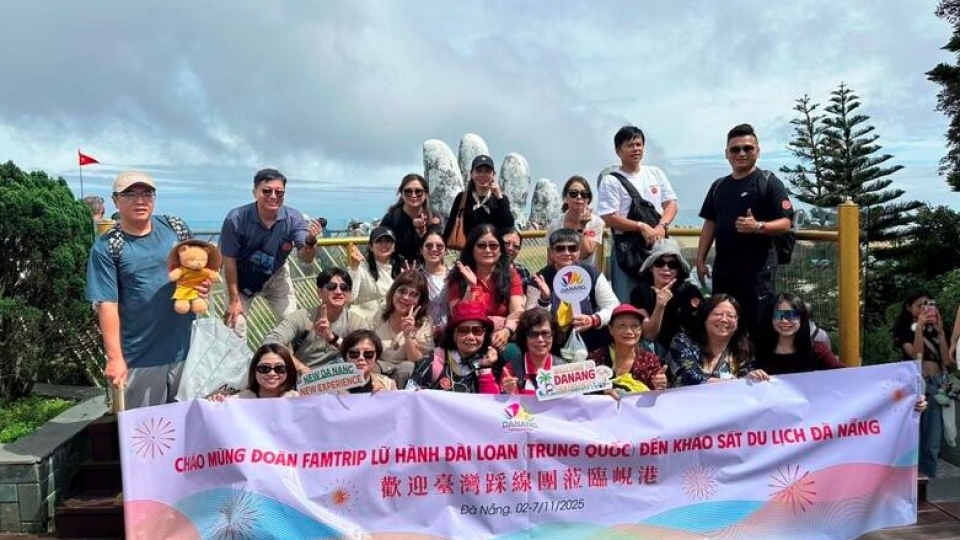Lite-On plans to inject an additional US$200 million into Vietnam
VOV.VN - Lite-On Technology Corp. (Taiwan - China) has announced plans to invest an additional US$200 million in its subsidiary Lite-On Vietnam Co., Ltd in Hai Phong city, bringing the group’s total investment in Vietnam to more than US$1 billion.

According to a filing submitted to the Taiwan Stock Exchange (TWSE) at the end of October, Lite-On said the capital increase aims to expand production capacity and strengthen the group’s core business operations in Vietnam.
Before this latest round, Lite-On had already invested more than US$800 million in the country.
Founded in 2013 with 100% Taiwanese capital, Lite-On Vietnam specialises in printed circuit board assembly, electronic modules, Wi-Fi components, and peripheral device production.
The firm is currently a manufacturing partner for several major global technology brands such as ASUS, Amazon, Sony, Samsung, IBM, Fuji Xerox, Kyocera, and Lenovo.
Lite-On is operating and developing several major projects across Vietnam, including Lite-On Quang Ninh Plant (Phase 1), covering 30 hectares with a total investment of US$690 million. The facility focuses on producing computer electronic components, optical devices, and lighting equipment. The entire project is expected to be completed by 2030, with a total annual output of nearly 124 million products.
Meanwhile, Vietnam-Singapore Industrial Park (VSIP) Hai Phong facility, with a total investment of US$96 million, inaugurated Phase 2 in November 2022. This plant aims to become a smart manufacturing hub, applying automation, big data, and artificial intelligence (AI) technologies to produce Netcom and consumer electronics products.
In addition, in April 2025, Lite-On announced an extra US$25 million investment to expand production capacity and hire more experts and skilled workers in Vietnam.
In the third quarter of 2025, Lite-On reported consolidated revenue of TWD44.9 billion (approximately US$1.4 billion), up 22% year on year.
Looking ahead, Lite-On plans to flexibly allocate production capacity among Taiwan, Vietnam, and North America to quickly respond to market demand and sustain strong global growth momentum.




